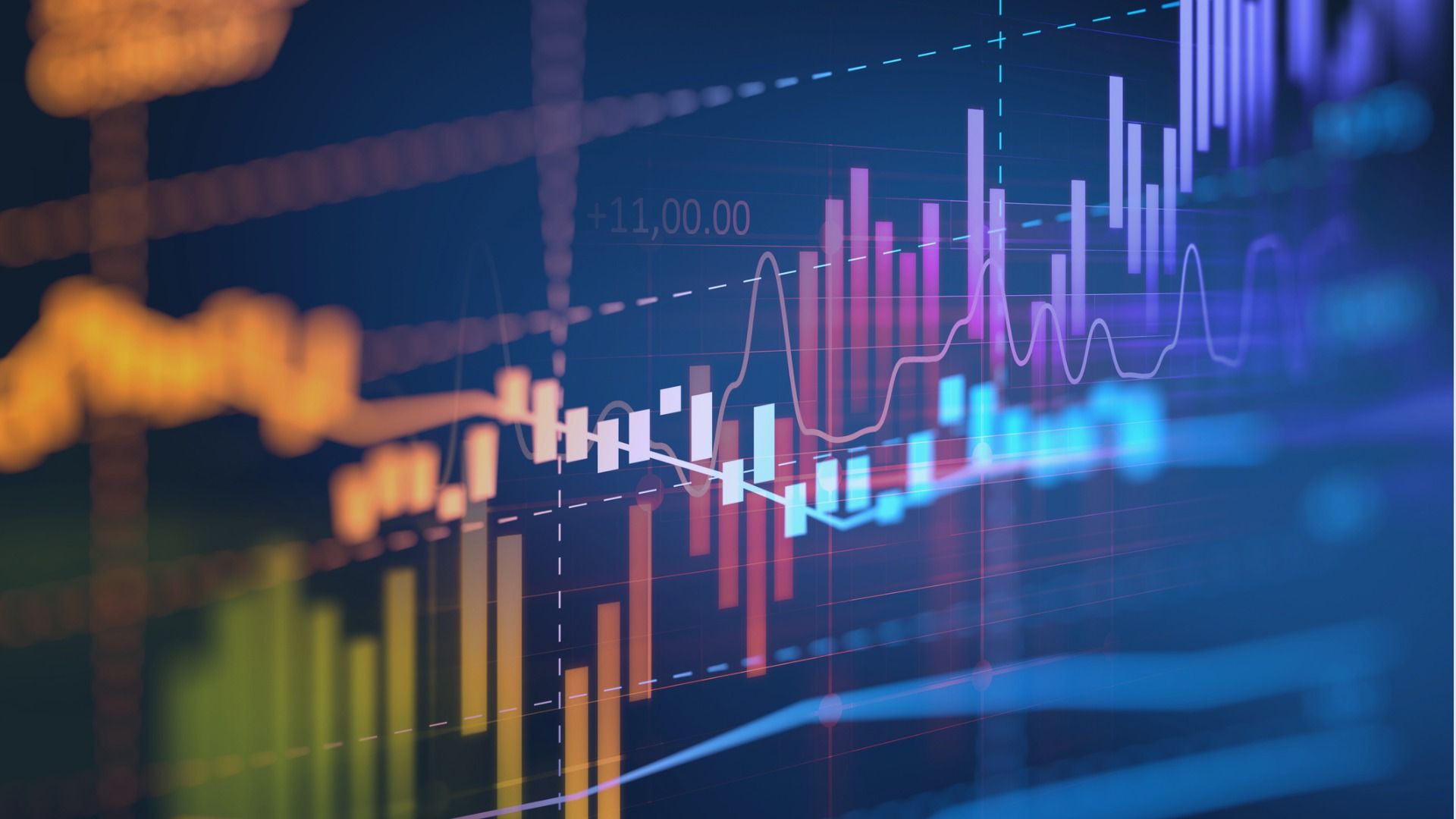The Impact of Social Media on Music Marketing in 2024

In the rapidly evolving landscape of the music industry, social media has emerged as a transformative force, reshaping the way artists promote their work, engage with fans, and build their careers. As we delve into 2024, the impact of social media on music marketing is more profound than ever, offering unprecedented opportunities and challenges. Music News This article explores the multifaceted influence of social media on music marketing, highlighting the key trends and strategies that define the current era.
The Rise of Social Media Platforms
Social media platforms have become essential tools for music marketing, providing artists with direct access to their audience. Platforms like Instagram, TikTok, YouTube, and Twitter have grown into powerful channels for music discovery and promotion.
TikTok: A Game Changer
TikTok, in particular, has revolutionized music marketing with its short-form video content. The platform’s algorithm promotes content that resonates with users, allowing unknown artists to go viral overnight. TikTok’s music-centric culture encourages users to create and share videos set to trending songs, driving streams and downloads. For example, artists like Lil Nas X and Doja Cat have seen their careers skyrocket thanks to viral TikTok videos.
Instagram and Visual Storytelling
Instagram remains a vital platform for music marketing, with its focus on visual content. Artists use Instagram Stories, Reels, and IGTV to share behind-the-scenes footage, teasers, and music videos. The platform’s emphasis on aesthetics and storytelling enables artists to cultivate their brand image and connect with fans on a personal level. In 2024, Instagram’s integration with shopping features also allows artists to sell merchandise directly through their profiles, adding another revenue stream.
YouTube: The Hub of Music Videos
YouTube continues to be the primary platform for music videos. Its long-form content format complements other social media channels, providing a space for full-length music videos, live performances, and interviews. YouTube’s monetization options, such as ads and memberships, offer additional income sources for artists. Collaborations with YouTube influencers and channels also help artists reach broader audiences.
Fan Engagement and Community Building
Social media’s real-time interaction capabilities have transformed how artists engage with their fans. Platforms facilitate two-way communication, fostering a sense of community and loyalty.
Live Streaming and Virtual Concerts
The pandemic accelerated the adoption of live streaming and virtual concerts, trends that continue to thrive in 2024. Platforms like Instagram Live, YouTube Live, and Twitch enable artists to perform for global audiences without geographical limitations. These virtual events often include Q&A sessions, exclusive previews, and interactive elements, enhancing fan engagement.
Exclusive Content and Fan Clubs
Artists leverage social media to offer exclusive content and create fan clubs. Patreon and OnlyFans, for example, allow artists to share unreleased tracks, personal updates, and exclusive videos with subscribers. This approach not only generates revenue but also strengthens the artist-fan relationship.
User-Generated Content and Challenges
Encouraging user-generated content (UGC) is a powerful strategy for music marketing. TikTok challenges, Instagram hashtag campaigns, and YouTube covers prompt fans to create and share content featuring an artist’s music. This organic promotion amplifies reach and engagement, as fans feel involved in the marketing process.
Data-Driven Marketing Strategies
Social media platforms offer robust analytics tools that provide insights into audience demographics, behavior, and preferences. Artists and marketers use this data to tailor their strategies and optimize content.
Targeted Advertising
Paid advertising on social media allows artists to target specific audiences based on age, location, interests, and behavior. Platforms like Facebook Ads Manager and Instagram Ads enable precise targeting and retargeting, ensuring that promotional content reaches the most relevant users.
Influencer Collaborations
Collaborating with social media influencers is a popular marketing strategy in 2024. Influencers with large followings can introduce artists to new audiences. Whether through sponsored posts, co-created content, or shoutouts, these partnerships can significantly boost an artist’s visibility and credibility.
Algorithm Insights
Understanding social media algorithms is crucial for effective music marketing. Algorithms determine content visibility based on factors like engagement, relevance, and timing. By analyzing these patterns, artists can optimize their posting schedules and content types to maximize reach and engagement.
Challenges and Considerations
While social media offers vast opportunities, it also presents challenges that artists must navigate.
Content Saturation
The sheer volume of content on social media makes it difficult for artists to stand out. Constantly evolving trends and algorithms require artists to be agile and innovative in their marketing approaches. Consistency and creativity are key to maintaining audience interest.
Mental Health and Burnout
The pressure to maintain an active social media presence can lead to burnout and mental health issues. Artists often feel the need to be constantly connected and responsive, which can be overwhelming. Balancing online engagement with personal well-being is essential.
Privacy and Authenticity
Maintaining privacy while sharing personal content is a delicate balance. Fans crave authenticity, but oversharing can lead to loss of privacy and control over one’s public image. Artists must find a middle ground that preserves their personal boundaries while engaging with fans.
The Future of Music Marketing
As we look to the future, several trends are likely to shape the landscape of music marketing on social media.
Augmented Reality (AR) and Virtual Reality (VR)
AR and VR technologies are set to revolutionize music experiences. Virtual concerts and immersive music videos will become more prevalent, offering fans unique and interactive ways to experience music. Social media platforms are already experimenting with AR filters and VR integrations, paving the way for more innovative marketing techniques.
Blockchain and NFTs
Blockchain technology and non-fungible tokens (NFTs) are gaining traction in the music industry. NFTs allow artists to sell unique digital assets, such as limited-edition tracks or artwork, directly to fans. This technology not only provides new revenue streams but also enhances fan engagement by offering exclusive collectibles.
AI and Personalization
Artificial intelligence (AI) will play a significant role in personalizing music marketing. AI-driven tools can analyze vast amounts of data to predict trends, optimize content, and provide personalized recommendations. This will enable artists to deliver more relevant and engaging experiences to their audience.
Conclusion
The impact of social media on music marketing in 2024 is profound and multifaceted. Platforms like TikTok, Instagram, and YouTube have transformed how artists promote their music, engage with fans, and build their brands. By leveraging data-driven strategies, embracing new technologies, and maintaining a balance between authenticity and privacy, artists can navigate the dynamic landscape of social media marketing. As the digital world continues to evolve, the synergy between social media and music will undoubtedly lead to more innovative and exciting opportunities for artists and fans alike.






